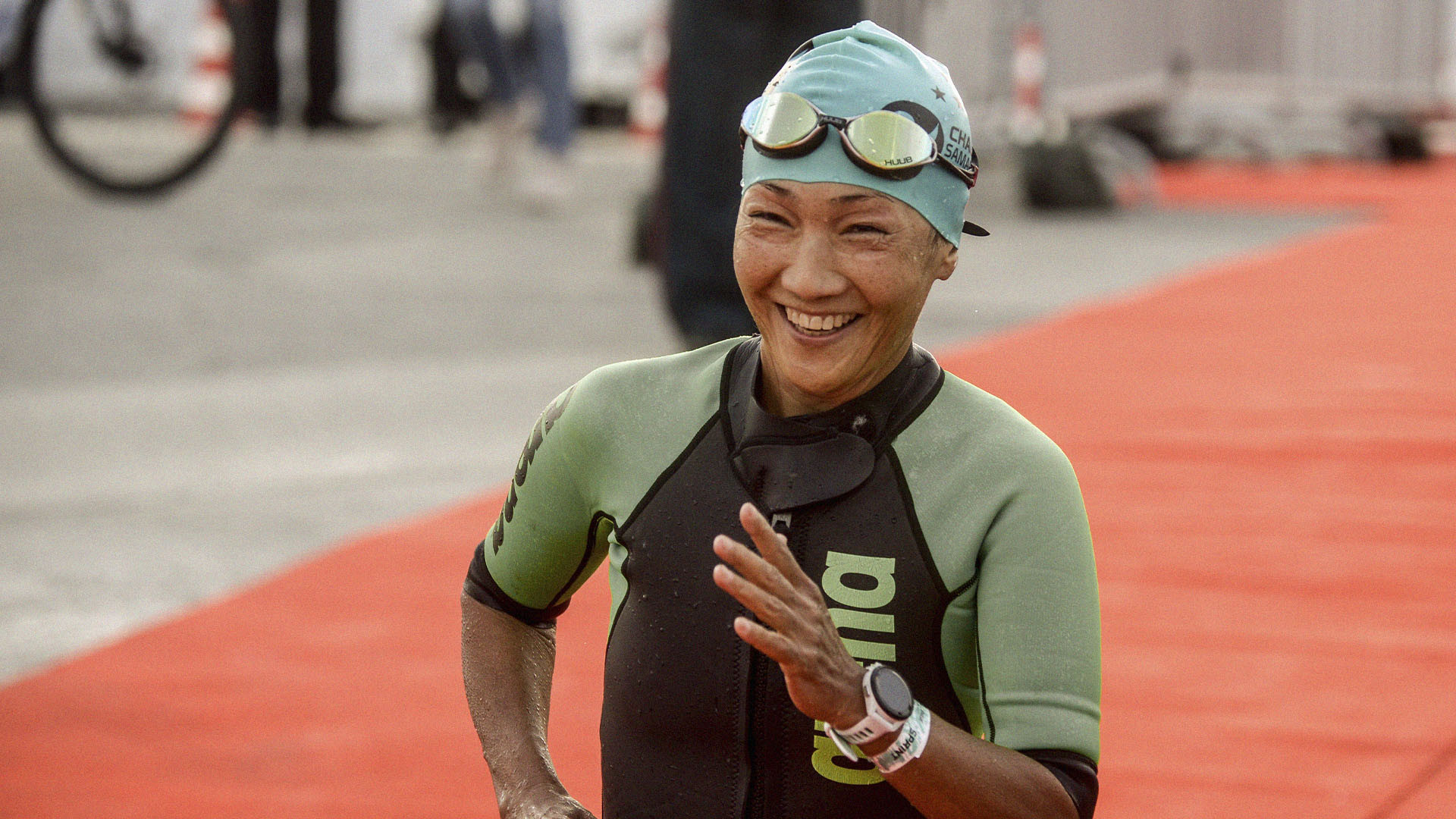- Home
- Recommendations
- Top Tips
- Antidoping
Triathlon adheres to anti-doping rules established by international and national anti-doping organizations.
Doping refers to the use of prohibited substances or methods to enhance athletic performance. It is considered a violation of ethics and morality in sports for several reasons:
1. Unfairness
Doping provides an unfair advantage. Athletes using prohibited substances may achieve results that do not reflect their actual level of preparation and effort. This violates the principles of fair competition, leading to injustice for those who train without resorting to doping.
2. Health Risks
Many substances used to enhance performance can have serious side effects. They may cause issues with the cardiovascular system, liver, kidneys, hormonal balance, and mental health. In some cases, doping can lead to long-term or even fatal health consequences.
3. Violation of Sports Ethics
Sports ethics are based on principles of honesty, hard work, and dedication. Doping undermines these principles by allowing athletes to achieve high results without relying on their own efforts and training but through artificial means. This erodes the trust of spectators, coaches, and other athletes in the competition results.
4. Risk to Reputation
If an athlete is caught doping, their career and reputation may be destroyed. They may be stripped of titles, medals, and prizes and even face long-term disqualification, causing significant harm in the long run.
5. Potential Pressure on Other Athletes
When doping is used in sports, it can create pressure on other participants. They may feel that without using prohibited substances, they cannot compete with those who do, leading to a vicious cycle where more athletes begin seeking ways to cheat the system.
6. Undermining Trust in Sports
When doping becomes widespread, it damages not only the reputation of individual athletes but also the entire sport. Spectators may start to doubt the integrity of competitions, harming the sport's image and popularity.
Thus, doping not only endangers athletes' health but also violates the fundamental principles of sports, such as honesty, fairness, and respect.
Participants may be subject to doping control at any time before, during, or after the competition.





